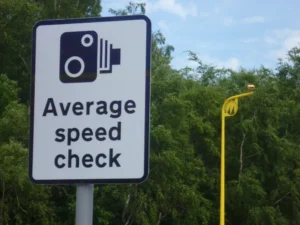Birmingham City Council has published its Active Travel Review after a comprehensive assessment of the impact and effectiveness of the emergency transport measures introduced as Birmingham emerged from the national lockdown.
The Emergency Transport Plan, published in May 2020, set out the Council’s intent to support a clean air, low carbon recovery from COVID-19 where action was taken to make walking and cycling safer and easier and enable social distancing in areas of high footfall.
Several schemes were delivered last year through the Emergency Active Travel Fund and Reopening High Streets Safety Fund, including pop-up cycle lanes, pavement widening in local centres and restricting traffic to create Places for People in some neighbourhoods.
The review identified that timescales were a major challenge during the first round of funding, and the inability to conduct a full consultation exercise with local communities had caused some issues.
However, it also found that the schemes delivered had provided a positive response to the COVID-19 emergency and delivered some initial steps in line with the vision and aims of the draft Birmingham Transport Plan.
As a result of the review, an element of one scheme – the temporary bus and cycle lane on Bristol Road South – will be removed. Consideration will be given to alternative ways of supporting bus priority and providing a segregated cycle lane along the A38 corridor between Selly Oak and Longbridge.
Other schemes will now be further developed with a view to making these more permanent. The City Council is receiving circa £4.5 million of the Government’s second tranche of Active Travel funding and with longer timescales to deliver the programme a full consultation would take place.
Local residents have already been invited to give their views via Commonplace, which will be used to inform and develop the initial designs. This will be followed by a public consultation on the next set of proposals, with an ambition to start delivering measures this Summer.























